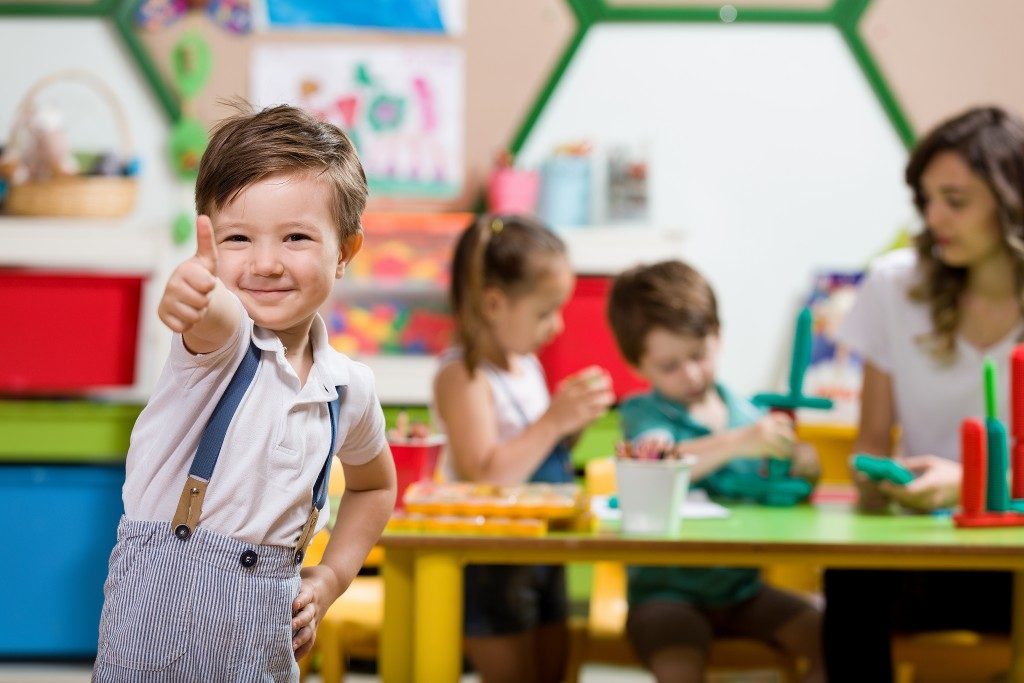Enrolling your kids in a reputable early childhood school in Metford gives them the drive they need to grow into great scholars. It might come as a surprise, but great scholars aren’t born but are made by regular training. Great scholars are passionate about learning and go to great lengths to quench their thirst for knowledge.
The key here is nurturing and shaping a child’s curiosity into a hunger for knowledge from an early age. Kids are naturally curious, and that’s why they will bug you with endless questions.
Keep them curious
Young children are like sponges, soaking up most of the information they come across. Their curiosity makes it easy for kids to remember and understand any information they collect. Research indicates that curiosity makes the brain receptive to learning, which is a crucial part of the learning process.
Curiosity also makes learning more enjoyable and productive, as it causes the learners to ask questions and seek out answers actively. The most incredible teachers find incredible ways to instil a strong desire to learn or understand a concept in their students.
Light up the brain
 Harnessing the power of curiosity puts the mind in a learning state, which increases the ability to learn and recall information. A stimulated brain behaves like a vortex that sucks in whatever the learners are motivated to learn as well as everything around it. When a teacher succeeds in arousing the curiosity of their students, it helps them learn even the subjects that could be considered difficult or tedious.
Harnessing the power of curiosity puts the mind in a learning state, which increases the ability to learn and recall information. A stimulated brain behaves like a vortex that sucks in whatever the learners are motivated to learn as well as everything around it. When a teacher succeeds in arousing the curiosity of their students, it helps them learn even the subjects that could be considered difficult or tedious.
That might entail personalising the learning experience to suit an individual student. For instance, a child might have a hard time solving a problem following a generic example given in a textbook. Personalising the problem in a manner that matches their interest piques their interests, making the problem relatable.
A sparked curiosity excites the parts of the brains that are associated with pleasure and rewards. These are the same parts that light up when you get something you like, giving you some sort of high due to the release of feel-good hormones. In essence, arousing curiosity in learners turns what would have otherwise been a boring learning session into a fun and pleasurable experience.
Make learning relatable
Typically, there are up seven different learning methods — visual, verbal, logical, solitary, logical, and social. Each of these methods use a different approach, but delivers great results while making the learning process fun and relatable. Identifying a child’s preferred learning method enhances and speeds up their ability to learn while enticing them to enjoy the process.
While some learners have a dominant learning style, others combine several of them. The most important thing to remember is that there is no right or wrong learning style as the primary goal is to get the little ones to improve and refine their learning abilities.
Giving young ones with a proper learning foundation during the early stages of their lives turn them into fastidious readers all their lives. They get to refine their abilities to hone and acquire knowledge, which serves them well for the rest of their lives.
